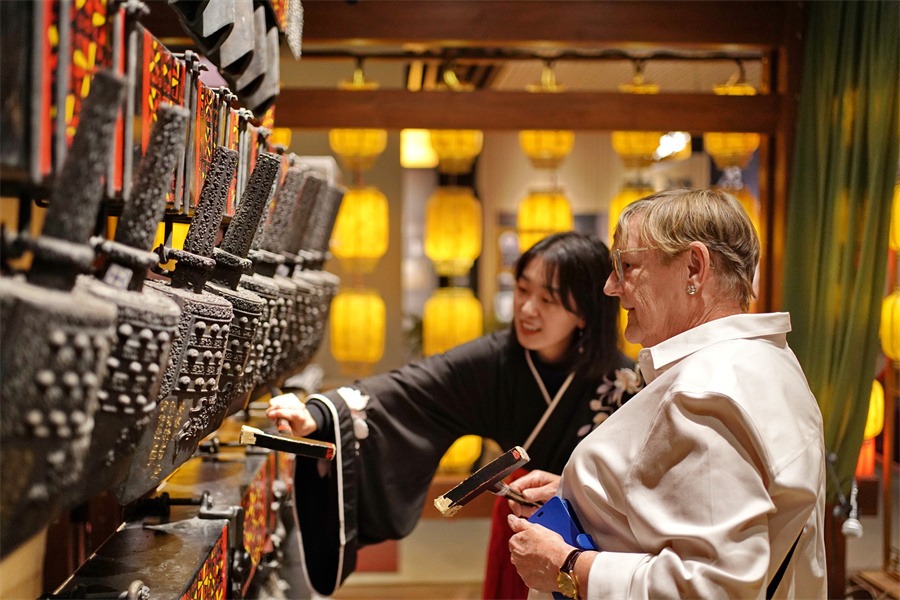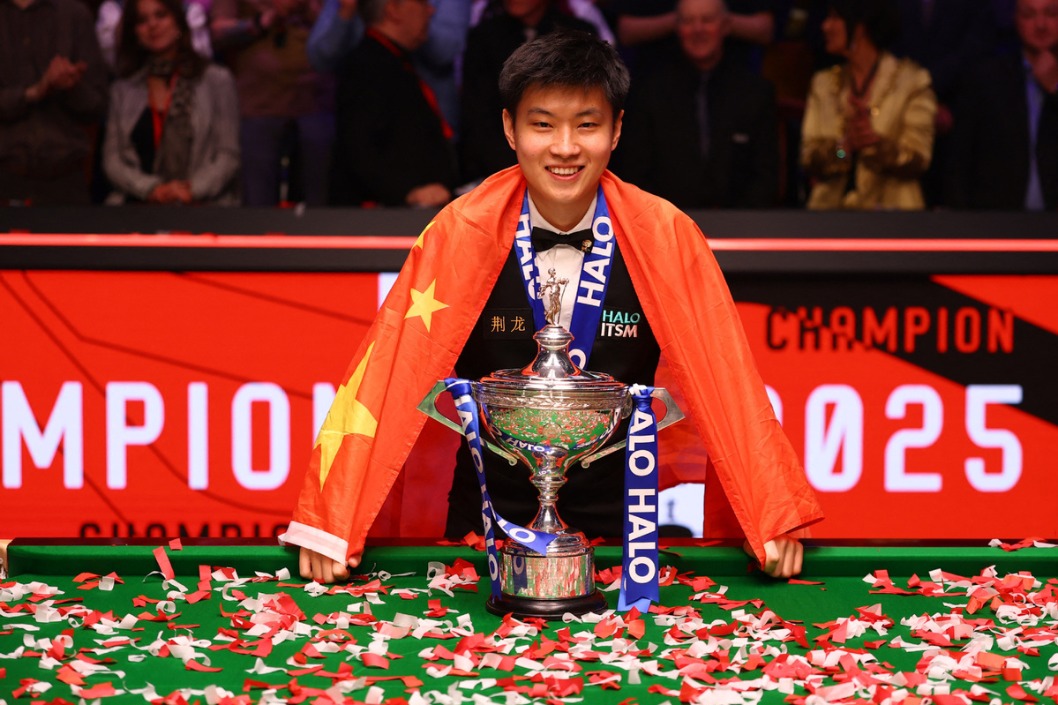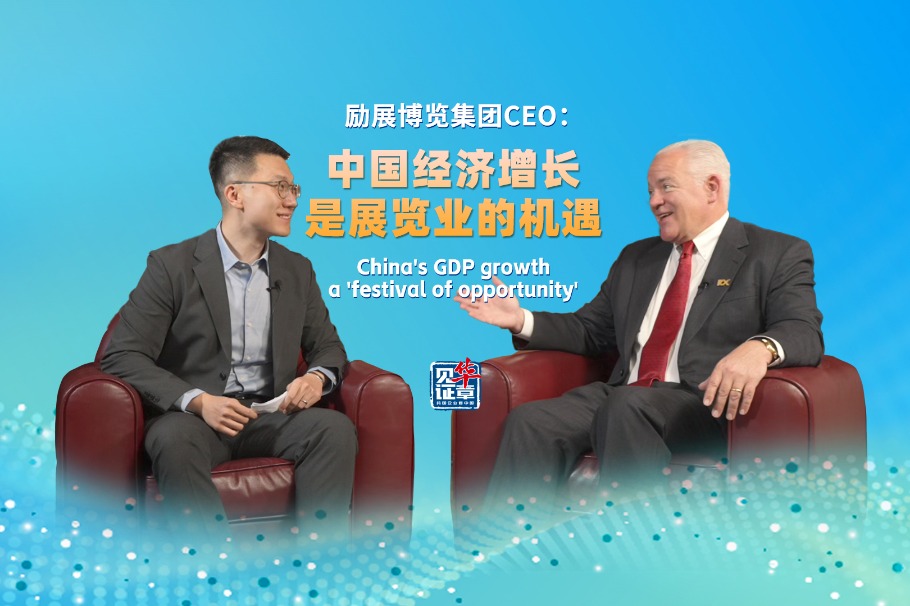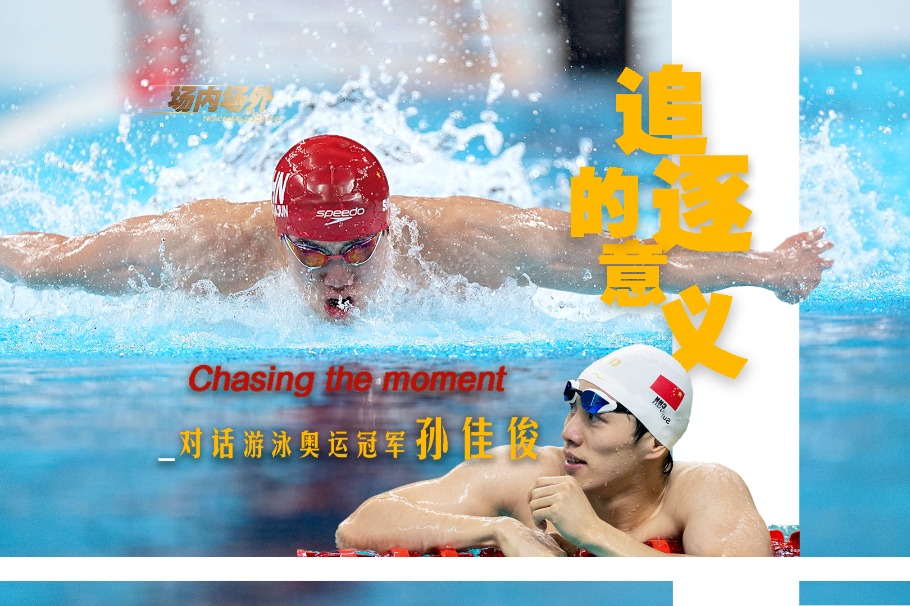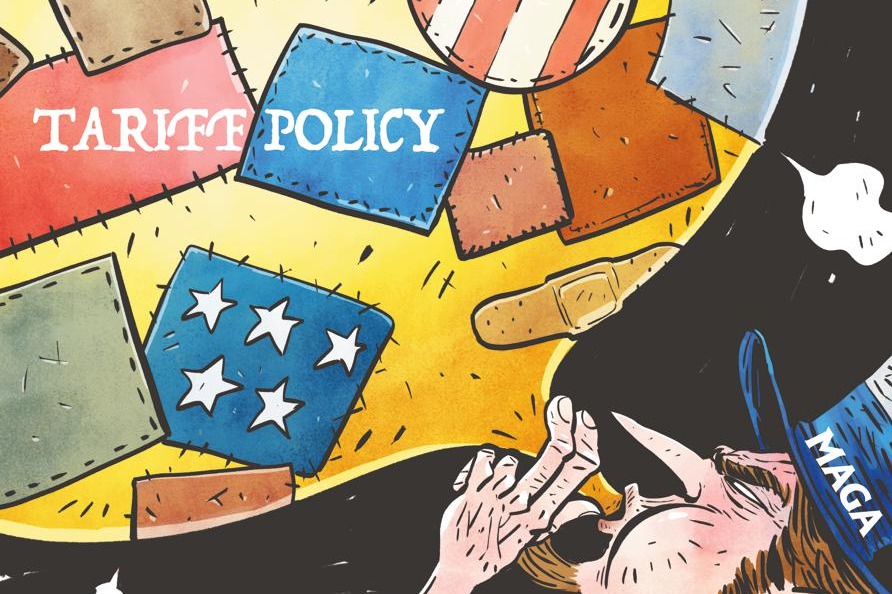Prime mover


From business opportunity to diplomatic leadership, Spain-China relations continue to set a good example
In recent decades, Spain and China have built a solid relationship based on trade, investment and cultural cooperation. Since the establishment of diplomatic relations in 1973, both countries have strengthened their ties through bilateral agreements, high-level visits and exchange programs. However, the current international scenario, marked by the renewed US rivalry against China, and the ongoing trade tensions between the European Union and China, creates a new situation that both countries must address.
Spain-China relations have made many remarkable achievements. Bilateral trade exceeded $48.58 billion in 2023 and grew by an additional 3 percent in 2024, figures that underline China's importance as a trading partner. China is Spain's largest trading partner outside the EU, and high-quality Spanish products such as olive oil, wine and meat products are highly valued in the Chinese market.
Spanish companies such as Inditex, Banco Santander and Gestamp have found in China a dynamic business environment full of opportunities. On the cultural front, the Instituto Cervantes has expanded its presence, and the demand for Spanish language learning in China is growing at an impressive rate, reflecting a genuine interest in strengthening ties with Spain.
The official visit of Spanish Prime Minister Pedro Sánchez to China in April marked a special point in bilateral relations. The meeting with President Xi Jinping consolidated the mutual commitment to strengthen economic cooperation, promote reciprocal investment, and collaborate in areas such as the energy transition and technological innovation. The reaction from Washington was swift: some sectors viewed the visit as a sign of Europe distancing itself from the US strategy of containing China. Within the EU, opinions were mixed; while some countries applauded the pursuit of new balances, others called for greater coordination in foreign policy toward Beijing. With this initiative, Spain demonstrates its willingness to act with strategic autonomy, pursuing a diplomacy that combines the defense of European principles with a pragmatic and open vision toward China.
In this context of global rivalry initiated by the United States, the EU and China have identified sustainable development as a crucial area for strategic cooperation. Both partners are promoting joint initiatives in renewable energy, energy efficiency and the implementation of the United Nations Sustainable Development Goals. Spain, as an active EU member and with strong bilateral ties to China, has intensified its collaboration in areas such as the green economy, the development of clean technologies and sustainable agriculture. In 2025, some new memorandums of understanding will be signed between Spanish and Chinese institutions to facilitate technology transfer in solar energy and to promote electric mobility projects.
Furthermore, Spain and China are cooperating in the promotion of the circular economy, with joint research and development programs aimed at improving waste management and the efficient use of natural resources. This joint strategy not only addresses the urgent need to tackle climate change but also strengthens a positive agenda that enables Europe and China to cooperate constructively despite geopolitical tensions. By acting as a bridge for dialogue and cooperation, Spain reinforces its position as a reliable interlocutor, committed to a low-carbon economy and more sustainable and equitable global growth.
Besides, expanding collaboration in strategic sectors, fostering agreements in science and technology, strengthening cultural exchanges, and supporting the internationalization of small and medium-sized enterprises are key actions to consolidate a deep and lasting economic and social relationship between Spain and China.
Alongside these initiatives, Spain can play an active role within the EU to promote a fair and constructive approach toward China, moving away from confrontational stances to promote dialogue-based solutions to global disagreements. To do so, Spain must advocate inclusive multilateralism and strengthen multilateral platforms such as the World Trade Organization, the G20 and the United Nations, defending a system based on rules and mutual respect. Additionally, Spain can promote initiatives in Brussels that encourage understanding and cooperation in areas such as climate change, global health and digital transformation, seeking synergies with China rather than antagonism. Another area of potential cooperation is the promotion of Euro-Asian dialogue forums where new forms of collaboration in investment, technology and infrastructure can be explored. Acting as a consensus facilitator, Spain can strengthen its diplomatic leadership, foster a more balanced vision of relations with China, and consolidate a long-term strategic partnership based on mutual benefit.
Donald Trump's return to the White House has altered the geopolitical landscape, reactivating a protectionist agenda that not only intensifies confrontation with China but also generates trade frictions with the EU. The imposition of tariffs on European products and the threat of new barriers have made it clear that Europe cannot rely exclusively on its relationship with the US. This context pushes the EU to seek new economic alliances and strengthen ties with key partners such as China. Spain, in this scenario, has the opportunity to assume a leading role as a mediator and facilitator within the EU, promoting a more balanced and constructive approach toward China. Madrid must act with strategic intelligence: support the defense of European interests while also leading the pursuit of pragmatic cooperation with a power that will undoubtedly be an essential part of the global future.
Spain and China have achieved remarkable milestones, and the current objective should be to avoid being dragged into the confrontational policies that dominate the international scene. Spain should seize the opportunity to strengthen a relationship based on mutual respect, economic cooperation and cultural exchange. Betting on China means understanding that the future will be multilateral.
The author is an economist and advisor of Cátedra China Foundation, Spain. The author contributed this article to China Watch, a think tank powered by China Daily.
The views do not necessarily reflect those of China Daily.
Contact the editor at editor@chinawatch.cn.


















